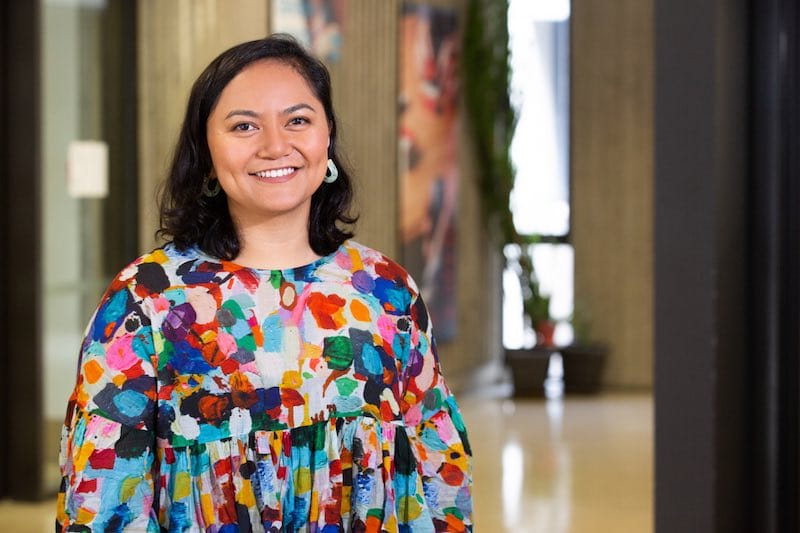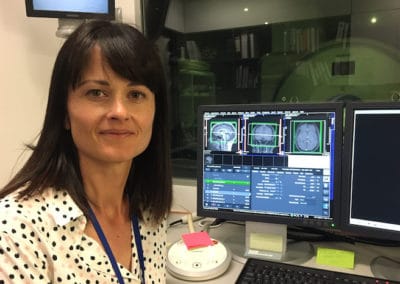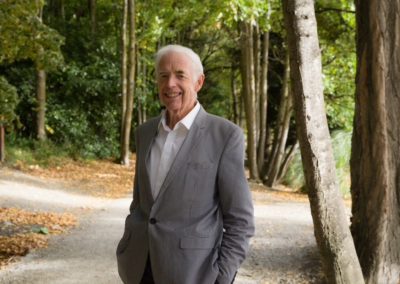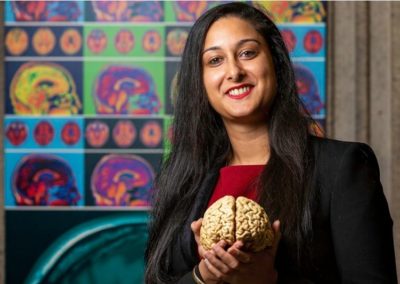Untreated hearing loss – a risk factor for cognitive decline – is a growing epidemic: The number of older New Zealanders suffering from hearing loss is predicted to double in the next 50 years. For Māori, the situation is particularly concerning: While they have a higher prevalence of hearing loss, they are under-represented in ACC claims for hearing loss. And in 2018, Māori made up only 2% of the DHB audiologist workforce, far below the 16% Māori in our population.
Alehandrea Manuel first looked into the disparities in our hearing services with Māori and Pacific populations during a summer studentship with Assoc Prof Grant Searchfield. She further specialised in the field of hearing healthcare for indigenous peoples during a stint in Australia, where she completed a MA of Audiology and worked as an audiologist at Townsville Hospital. Working with Torres Strait Island and Aboriginal populations, Alehandrea and her team provided culturally appropriate care and liaised with community group leaders and health workers. “Engaging with the indigenous communities showed me where audiology services can improve,” she says, for example by providing tele-audiology, effectively reporting results to families, and gathering normative data for indigenous populations.
Equipped with these learnings, Alehandrea felt the urge to come back to New Zealand to tackle the disparities there, and do things for her own people. She was awarded a Māori PhD scholarship from BRNZ, supervised by Assoc Prof Grant Searchfield and Assoc Prof Elana Curtis.
For her project, she is looking at how older Māori and whānau experience hearing loss and hearing services in New Zealand. She is accompanying study participants to audiology appointments and is conducting interviews with participants and whānau. “I’m hoping we can get a better gauge of what we’re currently doing wrong and what we’re doing right within our system. I want to help facilitate a transformational change of our services.”
She has also held hui with Māori healthcare providers who assist kaumātua and kuia with their day to day lives. They have been very eager to help improve their elders’ hearing health, she reports, as they recognise it as a way to assist with the patient’s communication with their whānau, hapū and iwi, and enables them to continue their various roles in society.
Building relationships with people as research partners is central to Alehandrea’s endeavour. “For most of my clinical career, I’ve been stuck in a soundproof booth”, she says.
“However, this PhD journey and the kaupapa have given me a lot more confidence to get out in the community, learn how to build and maintain relationships, have conversations, and listen to our koroua, kuia, and their whānau stories.”
In the end, Alehandrea always comes back to the people. Helping them is what keeps her motivated, “and knowing that my work has the potential to change hearing services for Māori.”



